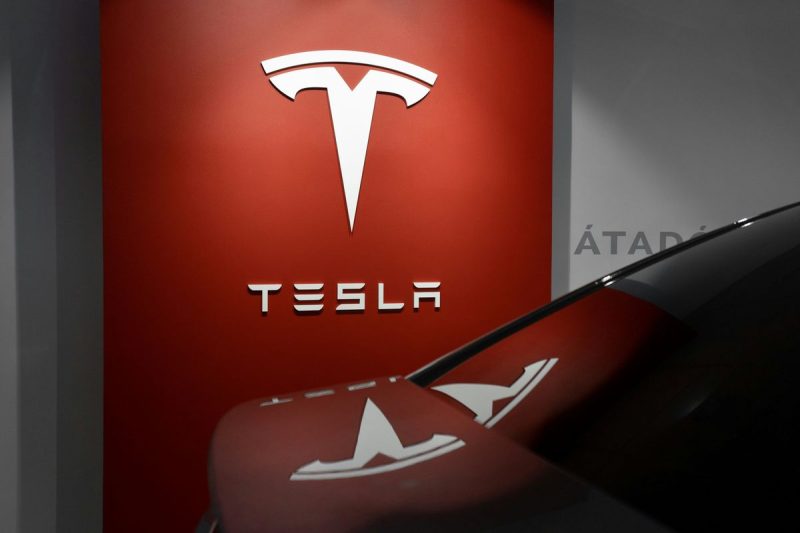Tesla’s (NASDAQ:TSLA) share of the US electric vehicle (EV) market fell below the 50 percent threshold for the first time ever in 2024’s second quarter, according to a July 11 report from Cox Automotive.
The company’s dominant position in the American EV market, which it has held since the introduction of its Model S in 2012, took a hit on the back of competition from rival automakers, including EV manufacturers in China.
Tesla accounted for 49.7 percent of EV sales in the US from April to June, down from 59.3 percent a year earlier. The decline came despite growth in overall US EV sales, which rose 11.3 percent compared to the same period last year.
The total number of electric cars and light trucks sold in the US exceeded 330,000 units during the second quarter, representing 8 percent of all new car sales in the period, up from 7.2 percent a year earlier.
The drop in Tesla’s market share can be attributed to several factors. One is that traditional automakers like Ford (NYSE:F), Hyundai (KRX:005380) and Kia (KRX:000270) have been aggressively expanding their EV offerings.
Just last month, Hyundai and Kia entered into a long-term agreement with Chilean chemicals company SQM (NYSE:SQM) to acquire their supply of lithium hydroxide, a necessary component for EV batteries.
At the same time, Tesla’s EV lineup has aged, with the best-selling Model Y debuting in 2020.
In contrast, competitors are introducing newer models with updated technology and designs. Hyundai and Kia, for example, offer a broader range of EVs at competitive prices, with the former finding commercial success for its IONIQ 5 release, while the IONIQ 6 is one of the 10 most fuel-efficient EVs in the US this year.
Tesla’s global sales were down in Q2 as well. The company reported a 4.8 percent drop in sales worldwide for the quarter, with approximately 444,000 units sold. Cox estimates its US sales fell by 6.3 percent to 164,000 cars.
Chinese Tesla rival BYD steps up
BYD (OTC Pink:BYDDF,SZSE:002594) is China’s largest EV maker and another significant rival for Tesla.
On July 9, it announced a US$1 billion deal to establish a manufacturing plant in Turkey.
The facility is expected to produce up to 150,000 vehicles annually and will help BYD circumvent newly increased tariffs imposed by the European Union on Chinese-made EVs. The Turkish plant is also part of BYD’s broader strategy to expand production outside China, including new facilities in Thailand and plans for a plant in Mexico.
BYD’s expansion comes amid increasing regulatory challenges in the west.
As mentioned, the European Union recently raised tariffs on Chinese EVs by an additional 17.4 percent, while the US has imposed a 100 percent border tax on Chinese-made electric cars.
In December of last year, BYD also announced plans to open an EV plant in Hungary.
Securities Disclosure: I, Giann Liguid, hold no direct investment interest in any company mentioned in this article.

